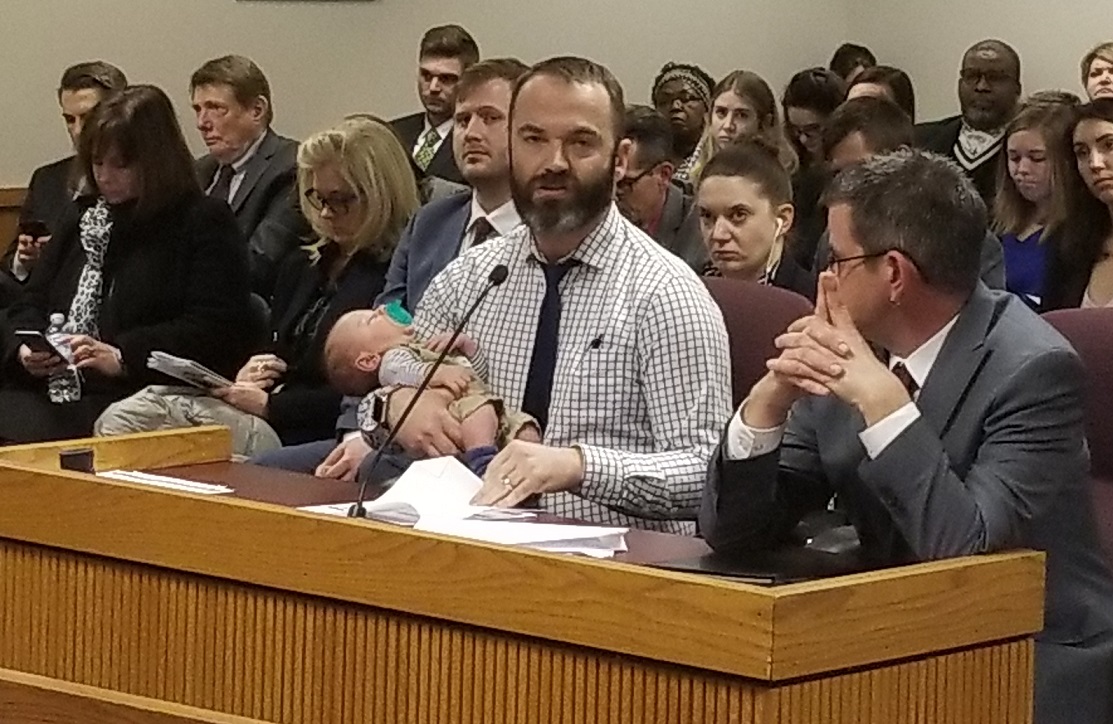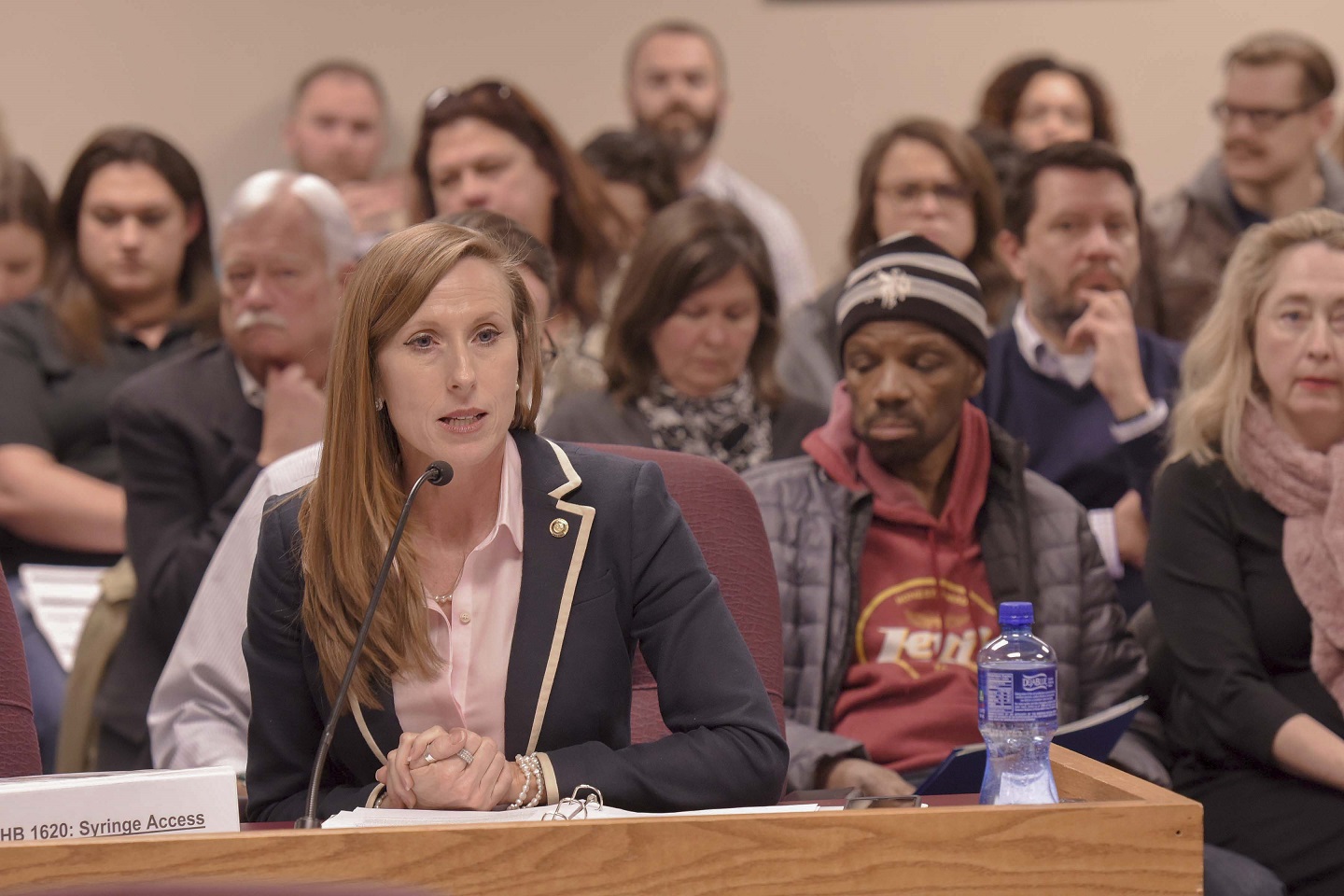The Missouri House has passed a bill that would legalize programs already operating in the state that give drug abusers clean needles. Supporters say those fight the spread of intravenous diseases and expose drug users to treatment options.

Those running needle exchanges in Missouri now could be charged with violating the state’s drug paraphernalia law. They are protected only by handshake agreements with local law enforcement who recognize the benefit of the programs.
House Bill 168 would exempt from that law needle exchange programs that are registered with the Department of Health and Senior Services.
“Syringe access programs have been found to cause a 13-percent reduction in use. They play a very large role in referral for treatment, and they’ve also been found to decrease needle sharing by 20-percent,” said Sikeston Republican Holly Rehder, the bill’s sponsor.
She said the CDC has identified 13 counties in Missouri as ripe for an outbreak of Hepatitis C and HIV. She said preventing an outbreak would save lives and save the state money.
Missouri has plenty of examples in other states to look to, to see how needle exchange programs have run and what results they’ve had.
“We’ve had over 30 states enact legislation to allow these to take place,” said Columbia Democrat Martha Stevens.
Supporters say in places with needle exchange programs, drug users are five times more likely to enter treatment. That’s because when users go to get needles, they’re getting them from a health care professional who can tell them about treatment options.
“This could be the entryway into someone getting treatment. This could be the first healthcare professional that one of these IV drug users ever meets,” said Lee’s Summit Republican Jonathan Patterson.
“So often people who are using, once they get to using needles, they don’t have anyone in their life that knows how to get them help, that knows how to get them plugged in when they reach out for help,” said Rehder. “Having this person who meets them where they’re at, becomes their friend, and becomes that medical professional with the knowledge to get them plugged in, and that’s who they go to reach out to when they’re ready for help.”
The House’s 124-27 vote sends the bill to the Senate, where it stalled last year. Rehder has said she has assurances from members of that chamber that it will be supported this year.
Earlier stories:
House Committee considers legalizing needle exchange programs to fight disease, addiction
Missouri House asked again to revamp HIV infection laws, endorse needle exchange programs
Missouri House votes to support needle exchange programs to fight IV drug abuse, disease




